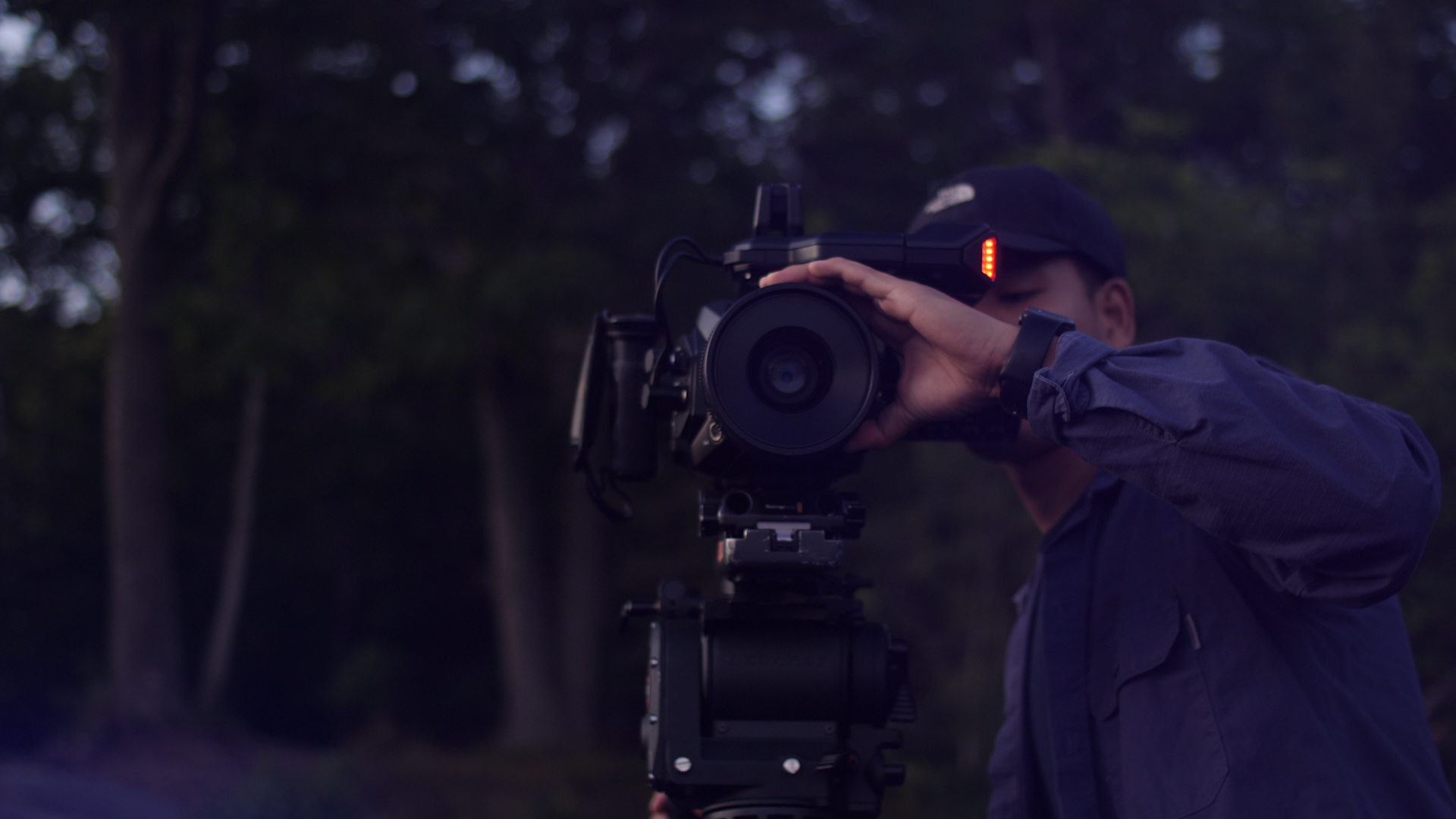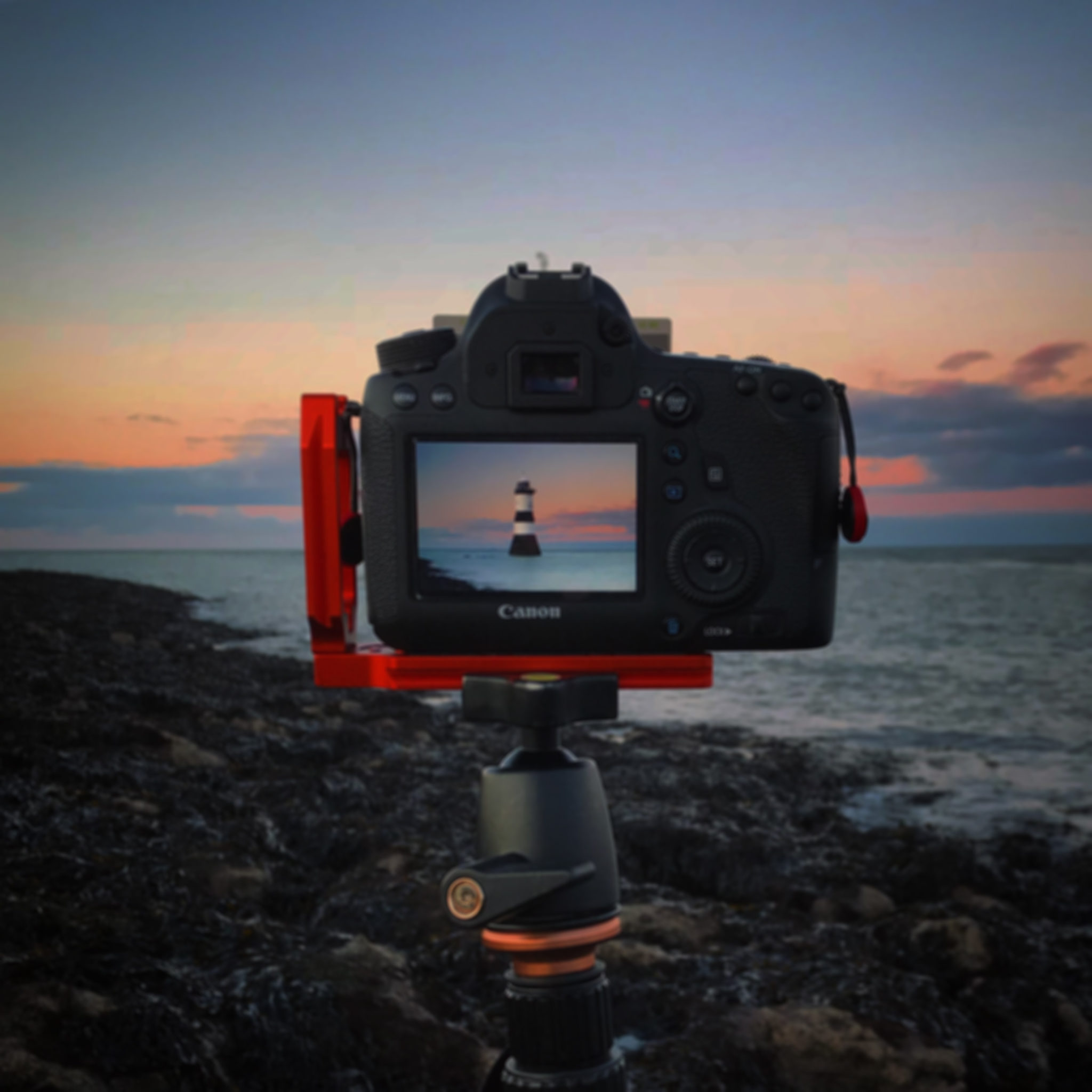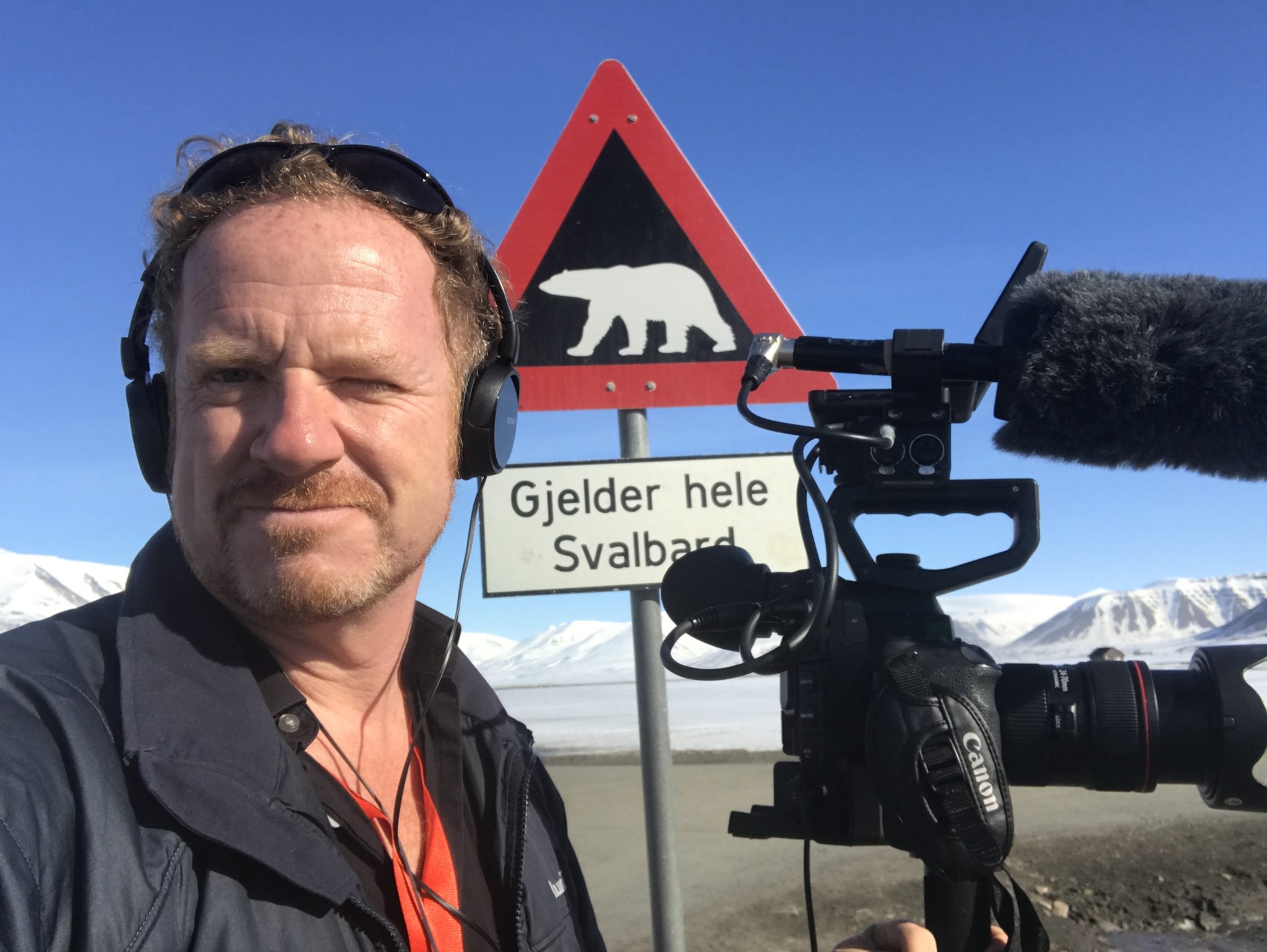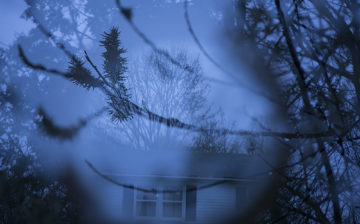Workshops
Apply your photographic talents to the creation of a video
There are no available registration dates at this time.
NOTE: This class will be held in an online format using the Zoom platform.
Mondays thru Friday 1:00-3:00 p.m. EDT plus one-on-one meetings by appointment
This workshop is created for the photographer who wants to transition a still-camera skillset to video.

Apply your photographic talents to the creation of a video. You have the eye for photographic composition and lighting; You know your camera and lenses. Now tap into your camera’s powerful video capabilities. This workshop will take you through the process of making a documentary film on your DSLR. This implies more than just a technical adaptation. We will explore deeply the creative process of the documentary filmmaker.
You will work directly with filmmaker Tom Donohue. Tom has over 25 years’ experience creating broadcast documentaries with recent National Geographic assignments in the Arctic and the Galapagos Islands. This is a hand-held and hands-on educational experience. Class size is limited to ten participants. Outside of class time, you’ll meet with Tom each day for a half-hour as he’ll help you steer your project and address any technical issues that might arise. By the end of the workshop you will have applied your new skills to the creation of a 3-minute documentary short that is ideal for posting to the web.
Our first week is dedicated to production planning and acquisition. You will work with best practices for recording field-audio and gain confidence conducting the interview. Pre-planning and story development will be discussed to prepare you to shoot your project over the weekend.

The second week is all about editing. Perhaps the greatest space for learning the art of motion photography is the edit room. It is here you will come face to face with your mistakes from the field. You’ll gain a sense of how long to hold shots and the importance of camera angles. Plus you will learn how to creatively overcome mistakes in the service of story. Technical Support will be available to you during edit week till 10pm EDT.
By the end of the second week you learn to sound mix and color correct your documentary. And lastly you will output your work to post on a platform such as Vimeo. You will have a professionally produced video appropriate to share with colleagues and employers.
Additional costs depending on equipment needs:
Production: If your camera does not have video capabilities, you can rent a full package. The suggested camera package rents for less than $300. You will need a microphone which can be rented ($33) or purchased (~$200).
Post-Production: You will learn the industry standard editing platform Adobe Premiere Pro. Two out of three films at Sundance 2020 were edited on Premiere. It’s an excellent program and basically a must know. If you don’t currently subscribe to Adobe’s Creative Cloud, you might consider ***subscribing for a single month (~$30) to test-drive the program during the edit portion of the workshop. Or you may elect to use Adobe’s free one-week trial period instead. (If you choose the free trial, be sure to wait until the 2nd week of this course begins before you make the downoad, as your free trial will expire after the 7-day period.)
***If you choose to subscribe to Premiere for one month for $30, be sure to select Monthly billing (not annual). If you do not wish to continue beyond that 1-month period, make sure to cancel your subscription before the month’s end.
Share This

Instructor: Tom Donohue
Tom Donohue is an award-winning, Emmy-nominated filmmaker with over 30 years of experience creating broadcast documentaries for clients such as National Geographic Television, The Discovery Channel, and PBS. His assignments have taken him from the war-torn streets of Afghanistan to documenting the inner struggles of those who have lost a loved one to suicide. Tom’s approach to filmmaking is holistic: He produces, shoots, writes and edits his films. Not only does this method provide an intimacy with the subject, but each step of the filmmaking process informs and complements the others.




